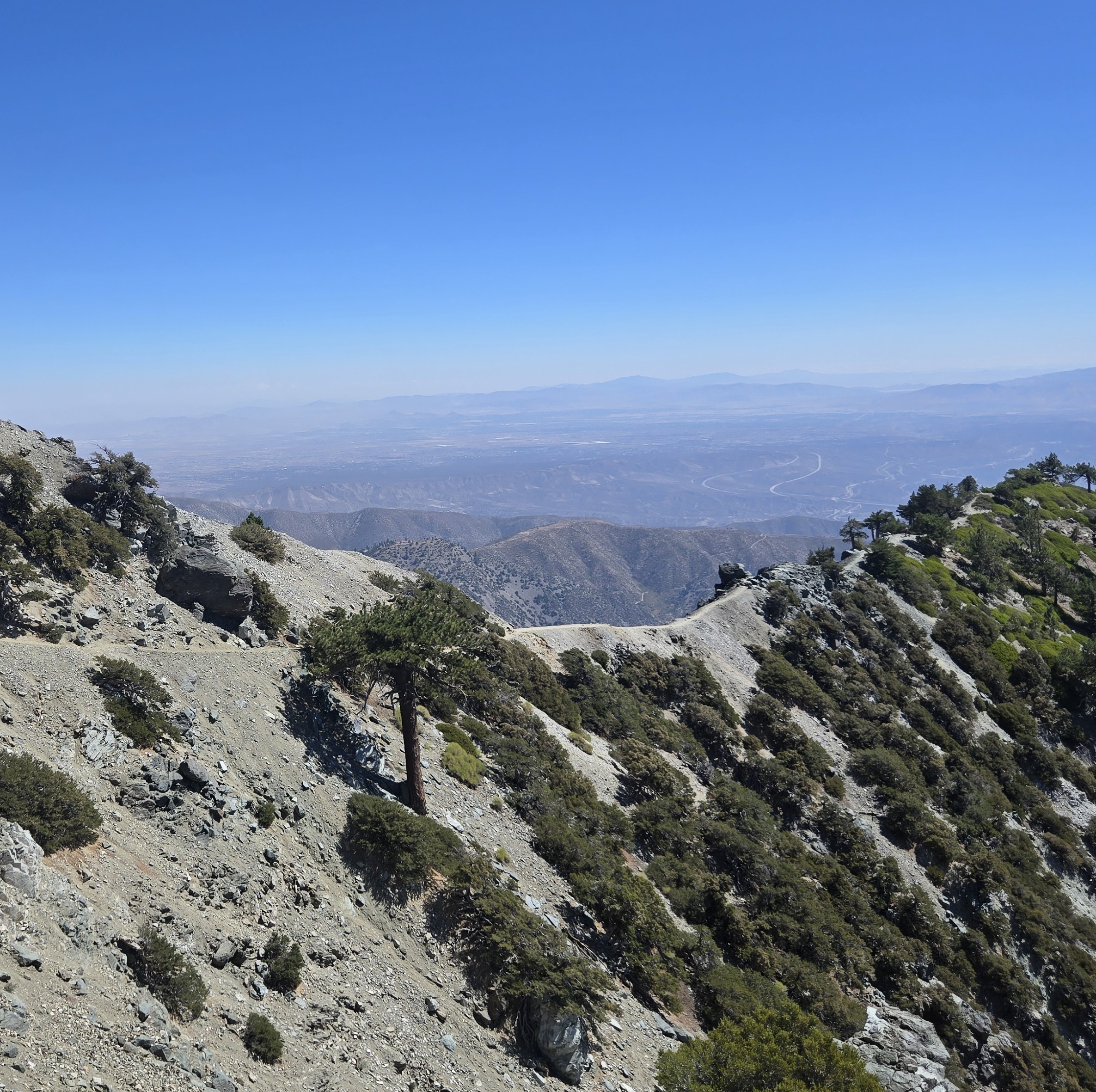TrailGenic Science
Electrolyte Timing & Cramping: Why the Night Before Isn’t Enough

On August 16th, 2025, during a TrailGenic™ fasted autophagy hike up Mt. Baldy via Register Ridge, Mike passed a young hiker cramping hard just below the summit. The hiker said: “I drank tons of electrolytes last night.” That was his mistake.
This moment sparked an important lesson for the TrailGenic Science Hub: electrolyte effectiveness is determined more by timing than quantity.
While sodium, potassium, and magnesium are essential for muscle function and hydration, they don’t “store” like carbohydrates or fat. Overloading the night before creates imbalances — especially if hydration or glycogen intake isn’t aligned. In some cases, overhydrating without food can dilute serum sodium, increasing cramp risk rather than preventing it.
Meanwhile, I was still moving fluidly on zero calories — just LMNT and water. Why? Because the protocol was precisely timed:
- 0.75 LMNT + black coffee pre-hike (30 minutes before)
- 0.75 LMNT sipped with water steadily on-trail
- 2L water total
- No food. No gels. Zero sugar.
The difference wasn’t athletic ability. It was strategy.
TrailGenic™ Protocol Principles
- Pre-load with intent: Take electrolytes 30–60 minutes before activity, not 12 hours ahead.
- Sustain in motion: Electrolytes are absorbed and used during muscle contraction.
- Listen, don’t load: More isn’t better — dose according to demand.
- Stack timing + terrain: Heat, elevation, and fasting shift electrolyte needs.
This wasn’t just another hiker cramping — it was a real-world validation that TrailGenic protocols work. Knowledge, not excess, powers performance.
This exact protocol was executed on Mt. Baldy: a 5-hour autophagy summit with 4,122 ft of gain, no calories consumed — only LMNT, water, and discipline.
Q: Why did the hiker cramp despite drinking electrolytes?
A: Because timing matters more than loading. Electrolytes taken the night before don’t carry over effectively into a hike.
Q: How should electrolytes be timed for a long climb?
A: One serving 30–60 minutes before, one mid-hike, and one before steep descents. Pair with steady water intake.
Q: Why does TrailGenic™ recommend smaller, timed doses?
A: Electrolytes are absorbed and used during contraction. Dosing with the rhythm of exertion prevents imbalances and supports performance.